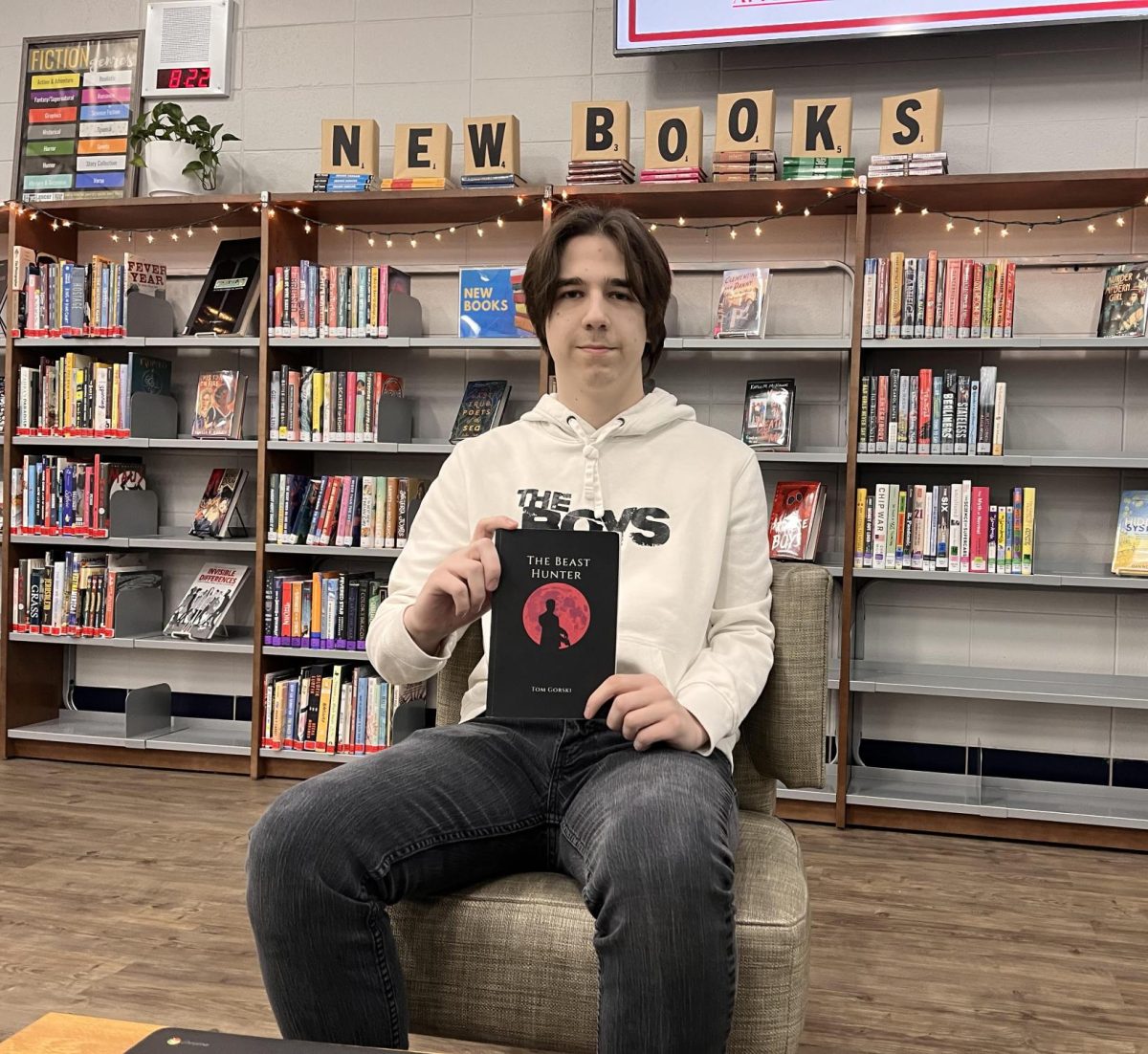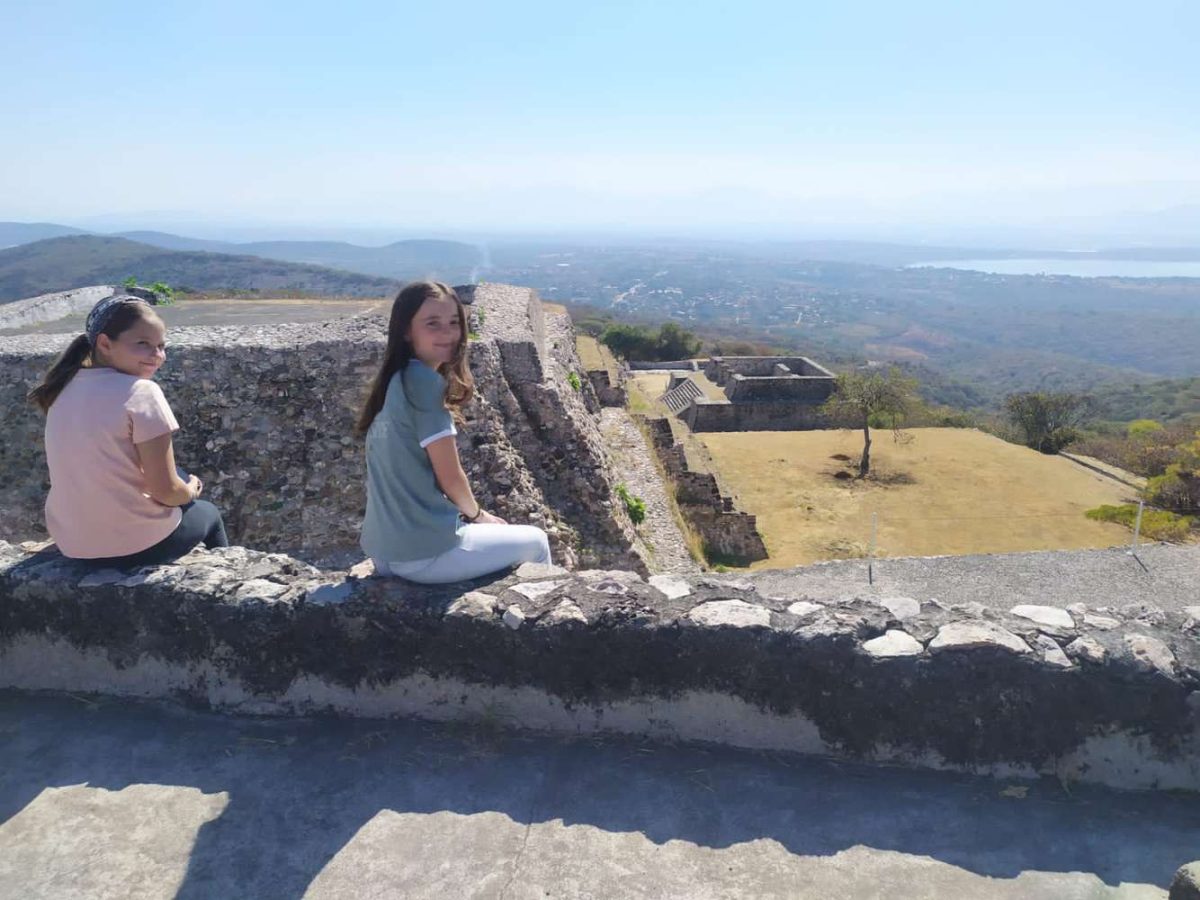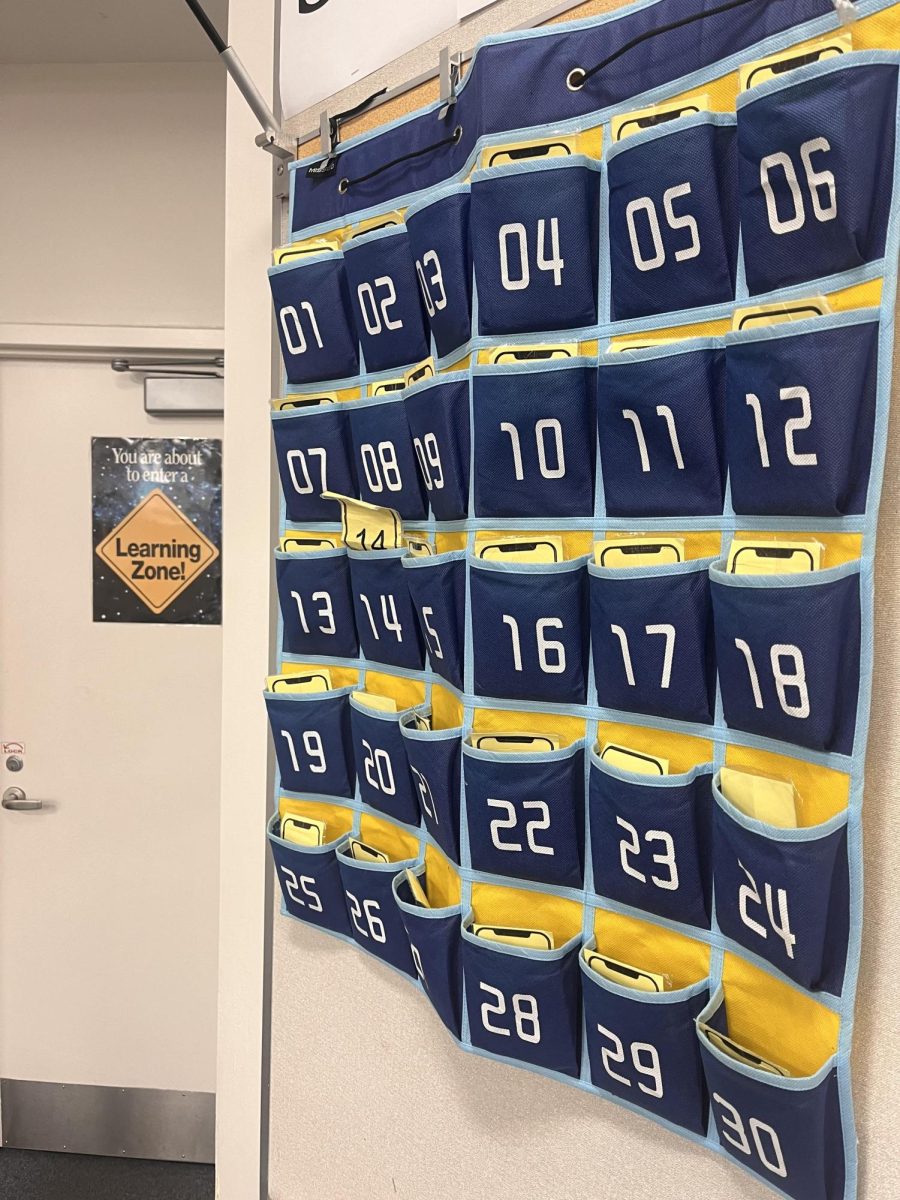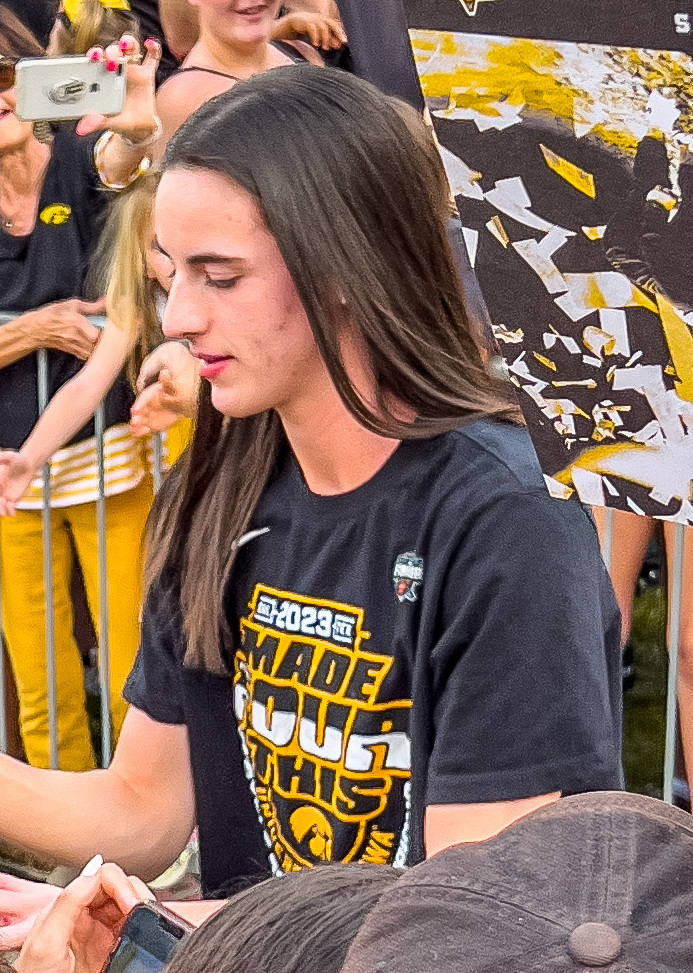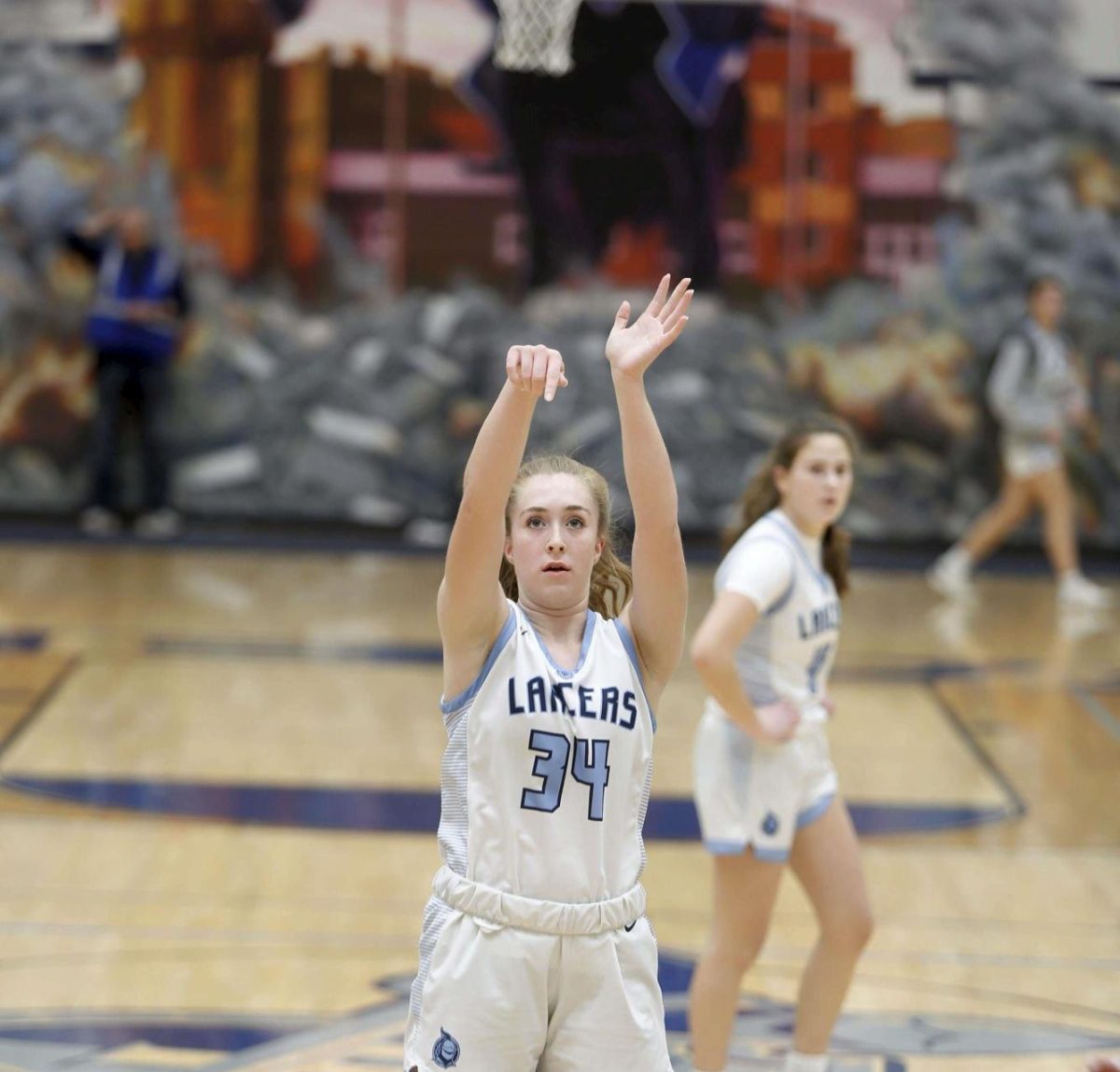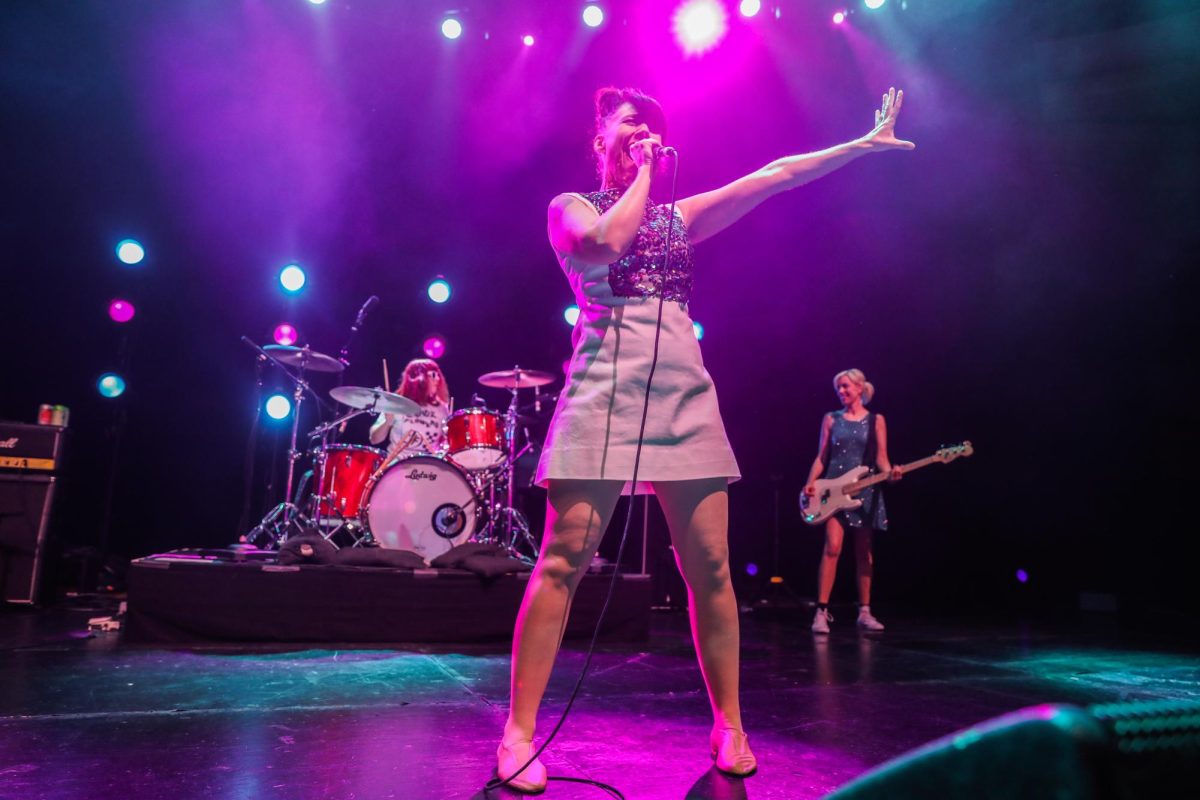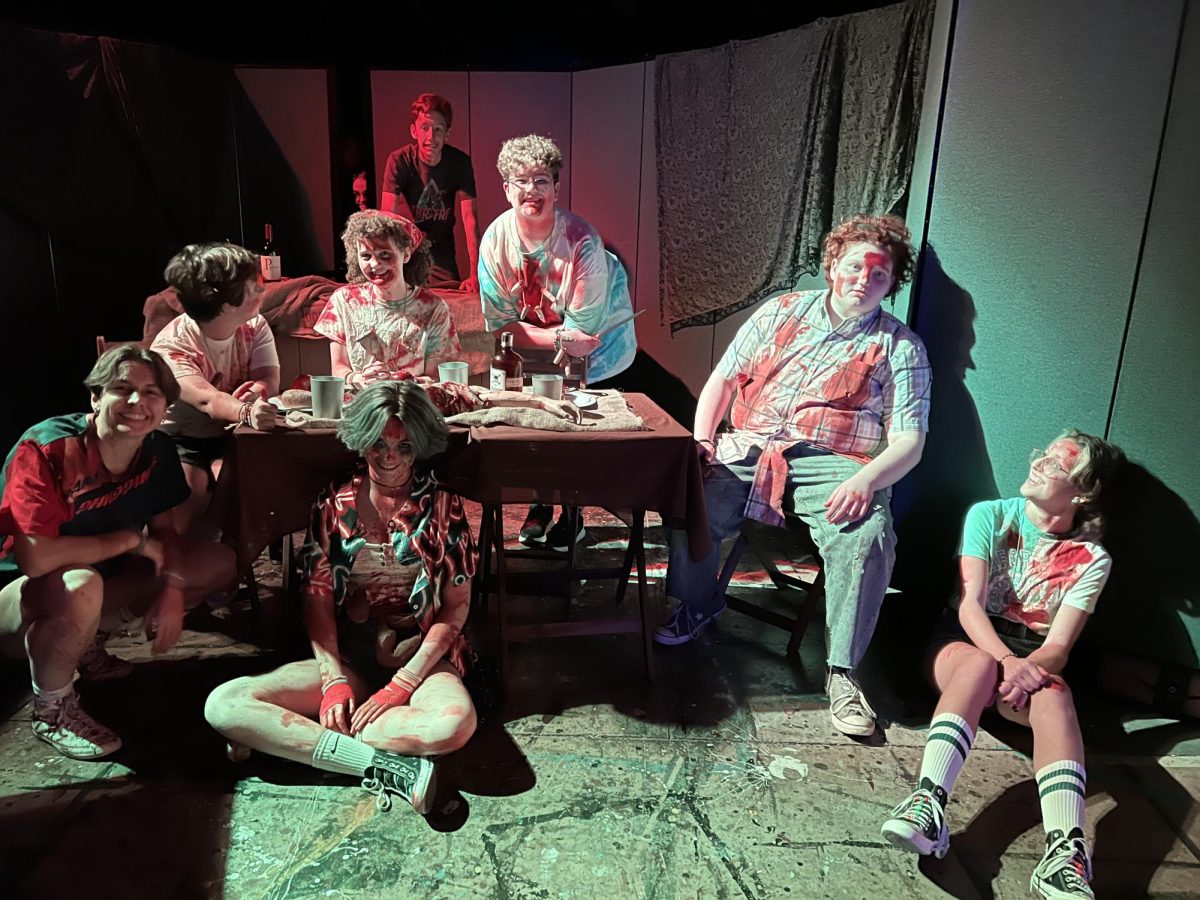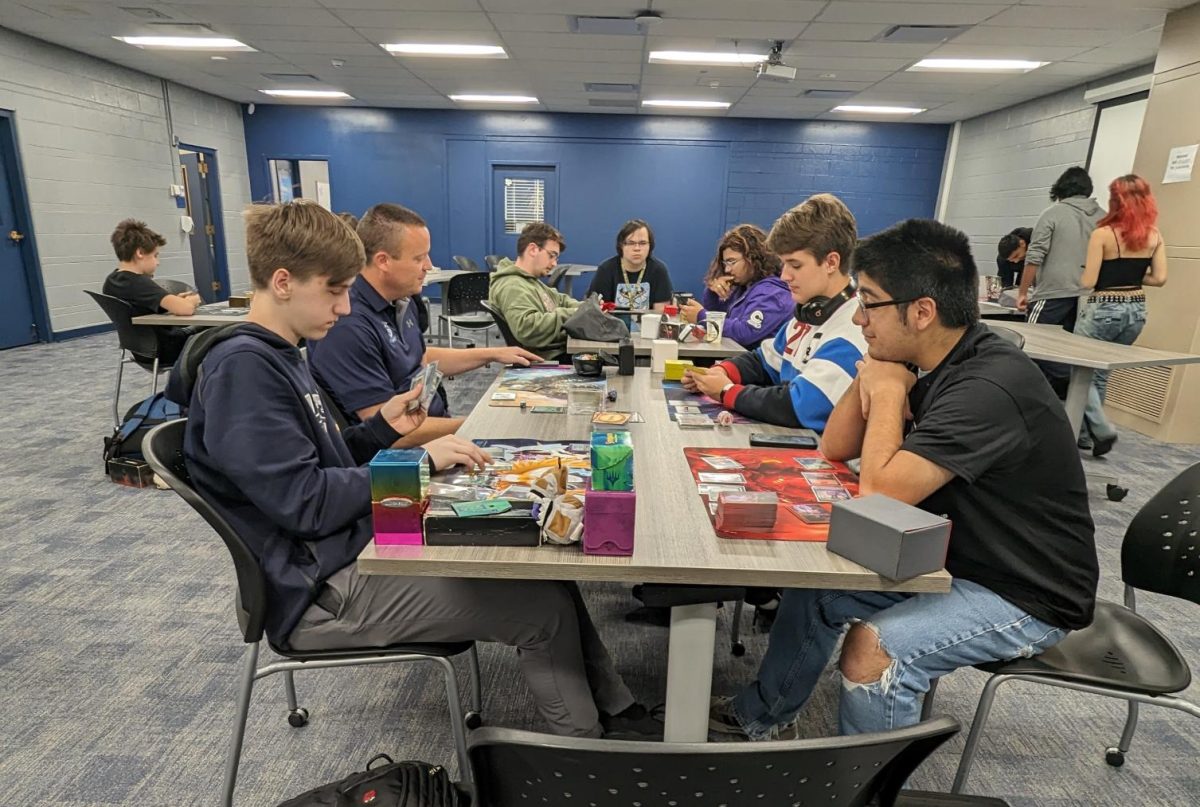As winter blankets the world in snow and happy memories, the joy this holiday season enriches traditions from all over the world. Each tradition carries with it a story, a set of beliefs, and a way of connecting with family and friends. The distinct characteristic that makes each holiday a celebration is a testament to the diversity of human experience. Christmas celebrations in Bulgaria start way before Christmas day (December 25th).
On Budni Vecher, or Christmas Eve, there are many specific customs. The meal should traditionally have an odd number of vegetarian dishes in it ( 7, 9, or 11) and an odd number of people sitting around the table. Meals include: pitka (traditional Bulgarian bread), bobena chorba (bean soup), and sarmi (stuffed cabbage leaves), and in Europe but with a different spin, Koledari. The unique thing about Bulgarian carolers is that they can only be boys. Alexandra Streva (LP ‘26) is a student who celebrates Budni Vecher with her family. “Over the years, my family has gotten closer, it is a time to be thankful for each other, and let go of any rough times we have had throughout the year,” Alex said.
The holiday brings people together, comparable to an American Thanksgiving.
Moreso, Christmas is frequently associated with giving gifts; however, it is mainly celebrated to commemorate the birth of Jesus, the Son of God, by Christians. How it is celebrated varies greatly. For example, in Japan, the holiday is less religious, as the country has a primarily Buddhist and Shintoist population. Instead, people will visit a KFC restaurant for a special meal. In Poland, Ukraine, and Russia, a large meal is eaten on Christmas Eve, traditionally with twelve courses to symbolize the twelve Apostles (a specific group of Jesus’s followers from the Bible). For those who practice the Eastern Orthodox religion, Christmas is typically celebrated on January 7th. The reason for the different date is because some Orthodox Churches use a different calendar. For practitioners of the Jewish religion around the world, Hanukkah is their winter holiday. Unlike Christmas, it is celebrated for eight days to commemorate the victory of the Maccabees, who are the first Jews to have fought for their beliefs. along with the rededication of the Temple on Kislev. Eric Gerber (LP ‘26) celebrates Hannukah and says it is a chance to connect with his Jewish heritage, since he does not follow the Orthodox form of the religion. He depicted how proud he is of his culture and is happy he can connect with his family, without feeling any of the shame from the past.
Eight candles are lit to symbolize the eight days of the holiday and religious texts are read. Some foods eaten are latkes (potato pancakes) and matzo ball soup. Another tradition is playing the game of dreidel; Players spin a four-sided top with different Hebrew letters on each side. A pile of items (such as real or fake coins) is placed in the center. Depending on the roll, participants take a certain number of them out of the pile. There are an endless amount of traditions, which is what makes the uniqueness of the world so enthralling.
Categories:
Winter Wonders Worldwide: Diverse Holiday Traditions Across the Globe
December 18, 2023
0
Donate to The Lake Park Perspective
Your donation will support the student journalists of Lake Park High School. Your contribution will allow us to purchase equipment and cover our annual website hosting costs.
More to Discover
About the Contributors

Tsveta Tsoleva, Staff Writer
LP ’26
Emilka Makuch, Staff Writer
LP ’26



